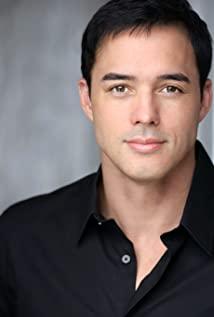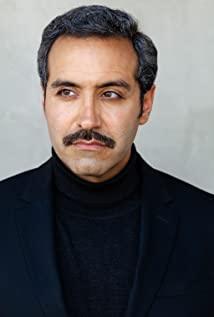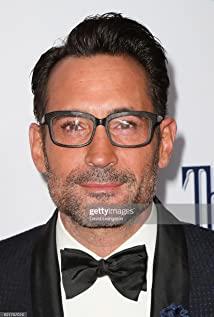If you haven't watched the third season, I suggest not to watch it and let the story stay at the end of the second or first season.
The narrative of this season does not have the style of the first and second parts, which are flashbacks through memory, and let the audience connect all the clues at the end. The third season is very straightforward.
And I think, the third season does not have the spiritual core of the previous work. Season 1 is Awakening, Season 2 is Freedom. Season three was supposed to be a revolution. Halfway through, Dolores said the same.
But in the end, the revolution turned into her wanting to set humanity free. This is not the love and hate Dolores I know, her purpose must be to fight for her own race. Even if her driving force has changed, she has to give a reason. .
Second, Hale acted like Angela early on. There is a scene where she kisses her boyfriend after entering the room, would Dolores do that? Angela in the play is the sexy one, and Dolores' character has always been irrelevant. So much so that it's hard for me to finally say that Hale is a branch of Dolores.
The third point, at the end of the second season, you are really dead once the last person who remembers you is dead. It was speculated at the time that Bernard was recovered by Dolores' memory. In the end, he told me that he actually just stole his core out. .
Fourth, Maeve's line is still not deep enough. She could give her freedom to her daughter in the second season, but it is time for her to change in the third season. She's still chasing Dolores to go to the Garden of Eden for a season.
Fifth, many characters appear just to appear. Angela is the most obvious, directly a half-naked model. The appearance of Clementine and the shogunate snake girl is to let Musashi die, the gang boss is so easy to die? The appearance of the security head was only a fight with Dolores. Gunman died halfway through the show, just to give Maeve a reason to kill Dolores. The significance of the appearance of the Confederate chief is to deliver a letter to Bernard.
On the sixth point, Hale's line was not polished. The son said that he wanted his former mother to come back, but Serak said that Hale would not care about the child at all? What is the human Hale like?
Machine Hale is unstable after having an identity and a family, and Dolores doesn't care about the emotional impact, but says "If we're not ourselves, what's the point of doing all this." Then you at least lower the numbers a bit.
Serac blows up Hale's family, but Hale kills Dolores first. The logic here is very strange. Could it be that Dolores delayed her and her family's escape by letting her do the task?
Hale is long overdue for a receptionist at full capacity, and there are no surprises at the end.
The seventh point is that the machine makes the outliers hunt each other, and the male protagonist will be killed if he is injured, and he must be treated. To show that human memory can be rewritten, so humans can be encoded?
The male protagonist can make a choice, but he went to the paradise once to teach him a lesson and did not force Dolores afterward. This reason is too untenable. Season 2 says it's not about making a choice, it's his code that makes him just do it.
Eighth point, there is a sentence in the play, money can change the relationship between anyone. This is too exaggerated. Science fiction should be romance.
The ninth point, there are too many elements to attack the shell, the water mirror in the title, Musashi's pistol, and Dolores' broken arm in the play is still bombarded. Depth with elements but no shell.
Tenth point, in this free and chaotic world, can you be anyone? The point is here, does it have anything to do with the machine?
The only thing that didn't break was the William line. But the ending was very sloppy.
No more pictures.
View more about Parce Domine reviews











